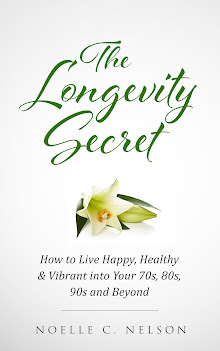Looking ahead to the New Year and how you expect it to unfold, can be tempting to get absorbed in whatever is currently trending, or whatever is “doom-ing and gloom-ing” at the moment. After all, there’s plenty going on in the world, in celebrity lives, in the constant push of the media, to keep one engaged or preoccupied.
Which is great, if such brings you joy. But if, on the contrary, you find you are living someone else’s life via trending, or depressed and distressed by some part of the political or world scene, perhaps it’s time to take a pause and consider: “Where’s the value in this for me?”
Yes, you. You are important, you count, your life matters. If to no one else, to you. And if some pursuit or mindless engagement in something doesn’t bring you value, let it go.
Value isn’t about what brings you money, although it can be that, in part. Value is what spurs your creativity, what answers your quest for purpose, what feels worthwhile when you’re doing it. Like relaxing with a good friend, a child or your partner. Like taking care of your pet, your home, your solitary office plant. Like learning a language, a sport, writing poetry or volunteering at your local animal shelter. The list is endless.
Value is subjective. As my ballroom instructor is fond of saying, “Everybody (every body) is different.” No one can define what will have value for you, but you know. It’s what makes you feel like life is worth living, that you are worth living it, and is invariably accompanied by feelings of joy and gratitude.
So, as you step boldly into this New Year, how about letting go of whatever no longer has value for you. And, instead, wholeheartedly embrace those pursuits, interests and whatever else has genuine value for you. Yes, YOU!
Happy 2026!

















